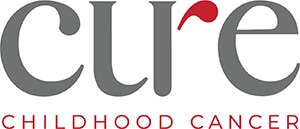They have fought the cancer battle and won! It was long and hard but not always over when treatment ends. For some survivors, medical problems develop as a consequence to cancer therapy. These medical problems are known as late effects of cancer therapy. When young adult survivors of childhood cancer are asked about their health concerns for their future, not being able to have children is often mentioned as one of their top three worries. Infertility is usually defined as not being able to become pregnant or father a child after trying for 12 months. Infertility can happen in 1 in 5 females and over half of the males treated for cancer during childhood or adolescence.
Some teenage cancer patients can freeze their sperm or eggs before starting cancer treatment in order to preserve their fertility. However, these options are not available to all patients. Many factors, including how sick the patient is at diagnosis and how long cancer therapy can be delayed, determine if eggs or sperm can be frozen before treatment begins. The frozen sperm or eggs can be used 10-20 years later through in vitro fertilization (IVF). Currently only adolescent males and females who have gone through puberty have these options. For males, this involves sperm banking. For girls, the ovaries have to be stimulated over two to three weeks, and then oocytes (eggs) are harvested and frozen. It is important to realize that not all cancer patients are at risk for infertility since not all cancer treatments damage the ovaries or testes. Certain chemotherapies (alkylator agents and heavy metals), exposure of the ovaries or testes to radiation and certain surgeries can place patients at risk for infertility. The amount of damage to the ovaries and testes can be checked in survivor clinic.
Many survivors are unsure if they are at risk for infertility after cancer treatment. The survivor healthcare plan survivors receive at survivor clinic will indicate if a survivor is at risk for infertility based on the cancer treatments received. Young adult survivors at risk for ovarian or testicular damage are offered an infertility risk assessment visit with the endocrinologist when they are 18 years old. During this visit, the endocrinologist will explain the specific level of risk (low, moderate or high) for infertility and will evaluate ovarian or testicular function. Additional specialized clinic visits and/or tests for infertility may be offered.



